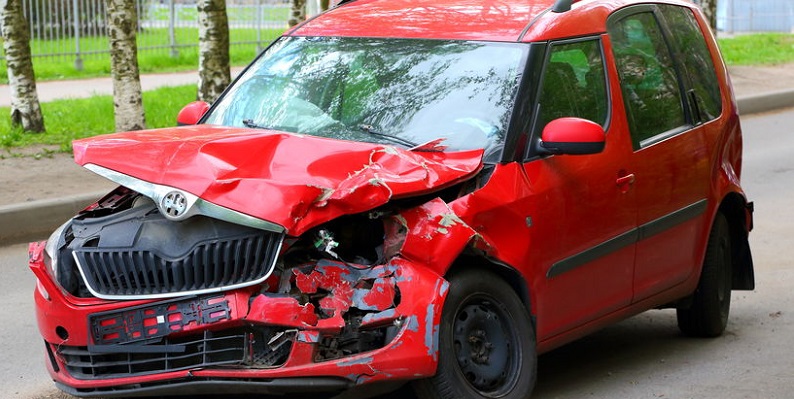The safety-enhancing technology of autonomous vehicles can sharply reduce the number of fatal Colorado car accidents.
Even with the promise of a reduction in auto accidents due to human error, confidence in autonomy is far from certain.
Only a tenth of U.S. drivers would feel safer with self-driving vehicles on the road.
That was the verdict of an American Automobile Association (AAA) survey released a few years ago on the topic of autonomous vehicles (AV) or self-driving cars. A more recent survey confirms that acceptance of this technology is “stuck in neutral.”
Few people feel comfortable riding in a self-driving car.
Autonomous automotive technology has been around for a while. In the 1940s, the beginnings of modern cruise control were developed by Ralph Teetor as a way of maintaining a constant speed. Although the mechanism has been dramatically improved in the decades since, it was the original invention that ushered in the age of self-driving cars.
But despite the decades of progress, now accelerating, Americans are still not embracing tech as readily as some had expected. According to an early March AAA survey about autonomous technology:
- Only 12 percent of those questioned trust riding in a self-driving car.
- 28 percent aren’t sure how they feel about it.
- 57 percent say they don’t understand who is legally responsible if they are involved in an auto accident with a self-driving car.
- 49 percent wonder whether the technology is safe from hackers.
Trust increases, though, as drivers learn more about the technology and can expect to remain in ultimate control. According to a survey conducted by Perrone Robotics, which tested an autonomous vehicle on a limited basis for neighborhood use:
- 72 percent of respondents would feel safer riding in a self-driving car if they can take over the controls if something goes wrong.
- 42 percent say that they would trust automated technology more if they get a demonstration of it before riding in a self-driving vehicle.
Perhaps, then, more consumer education and more first-hand experience are all that’s needed to increase confidence in AV technology.
Colorado and the Future of Automated Vehicles
Automated technology can dramatically increase the safety of driving by eliminating some of the persistent sources of human error. According to the National Highway Traffic Safety Administration (NHTSA), 36,750 people died in traffic accidents in 2018. The numbers are also high in Colorado; in the same year, more than 580 died on the state’s roads. NHTSA says that 90 percent of all car accidents are caused by the mistakes people make, including those associated with aggressive driving and distracted driving.
The Department of Transportation officials and others believe that autonomous vehicles can dramatically reduce fatal accidents, perhaps by as much as 94 percent, by dramatically reducing opportunities for human error. That’s why states like Colorado are pushing to make AV tech the norm. For example, last year, Denver’s transit authority launched a pilot program featuring a driverless shuttle.
Fully automated vehicles — and fully confident drivers and riders — are still years away. But progress is being made on both fronts.

